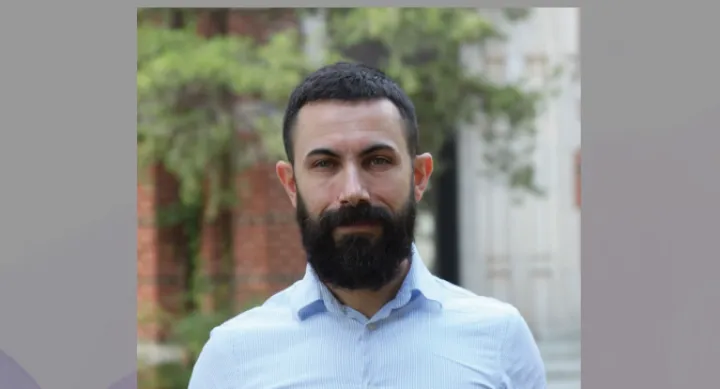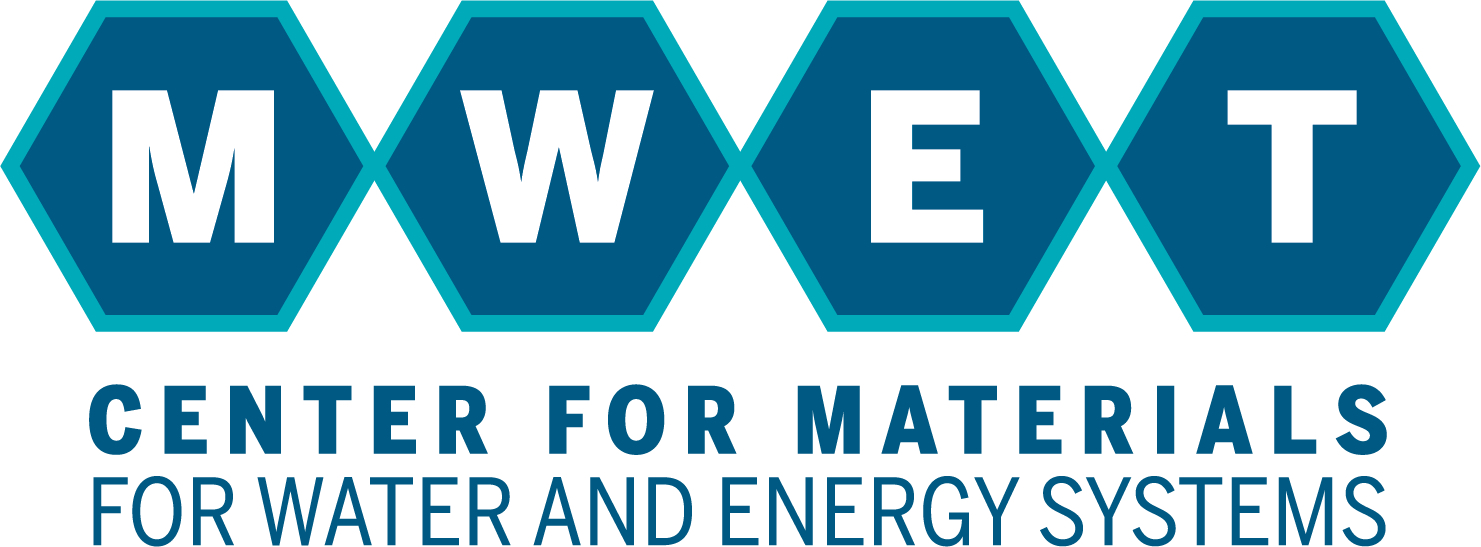
10% of the world energy consumption, that is, about 7.5 GJ per person every year, is devoted to chemical separations. Although membrane-based separations would improve the energy efficiency of existing technologies by 90%, they currently cover only 20% of the total separation market. The permeability-selectivity trade-off, long-term instability, and difficulty to simultaneously control solubility-selectivity and diffusivity-selectivity are critical issues that hamper the membrane market to further expand.
In this talk, Prof. Galizia will present and discuss new generation spirocyclic molecularly mixed membranes for organic solvent separation, as well as gas separation, exhibiting almost unprecedented selectivity and long- term stability. Structural features associated to the membrane performance will be identified, and effective solutions to mitigate, if not eliminate, the shortcomings of conventional membrane materials will be highlighted. Scaling up of the newly synthesized membranes will be discussed as well.
Biography
Michele Galizia joined the OU Chemical Engineering Faculty in 2017, after completing his training at the University of Texas at Austin under the guidance of Profs. Benny Freeman and Don Paul. He currently holds the President’s Associates Presidential Professorship in Chemical Engineering. The Galizia Research Group exploits fundamental principles of physical chemistry and thermodynamics
to design, characterize and model next generation polymer membranes for organic solvent and gas separation exhibiting enhanced selectivity and long-term stability. Prof. Galizia has received a number of awards, including the ACS-PMSE Early Investigator Award (2023), the NSF CAREER Award (2021), the 2021 Class of Influential Researchers by I&EC Research, the ACS-PRF New Doctoral Investigator (2019), and the OU Chemical Engineering Outstanding Professor Award in 2021, 2022 and 2024, among others. In 2018, the journal Frontiers in Polymer Chemistry (Nature Publishing Group) highlighted him as a rising star in membrane science. He is Associate Editor of the Journal of Polymer Engineering, member of the Senior Editorial Board of the Journal of Membrane Science, and member of the ACS Executive Committee.

